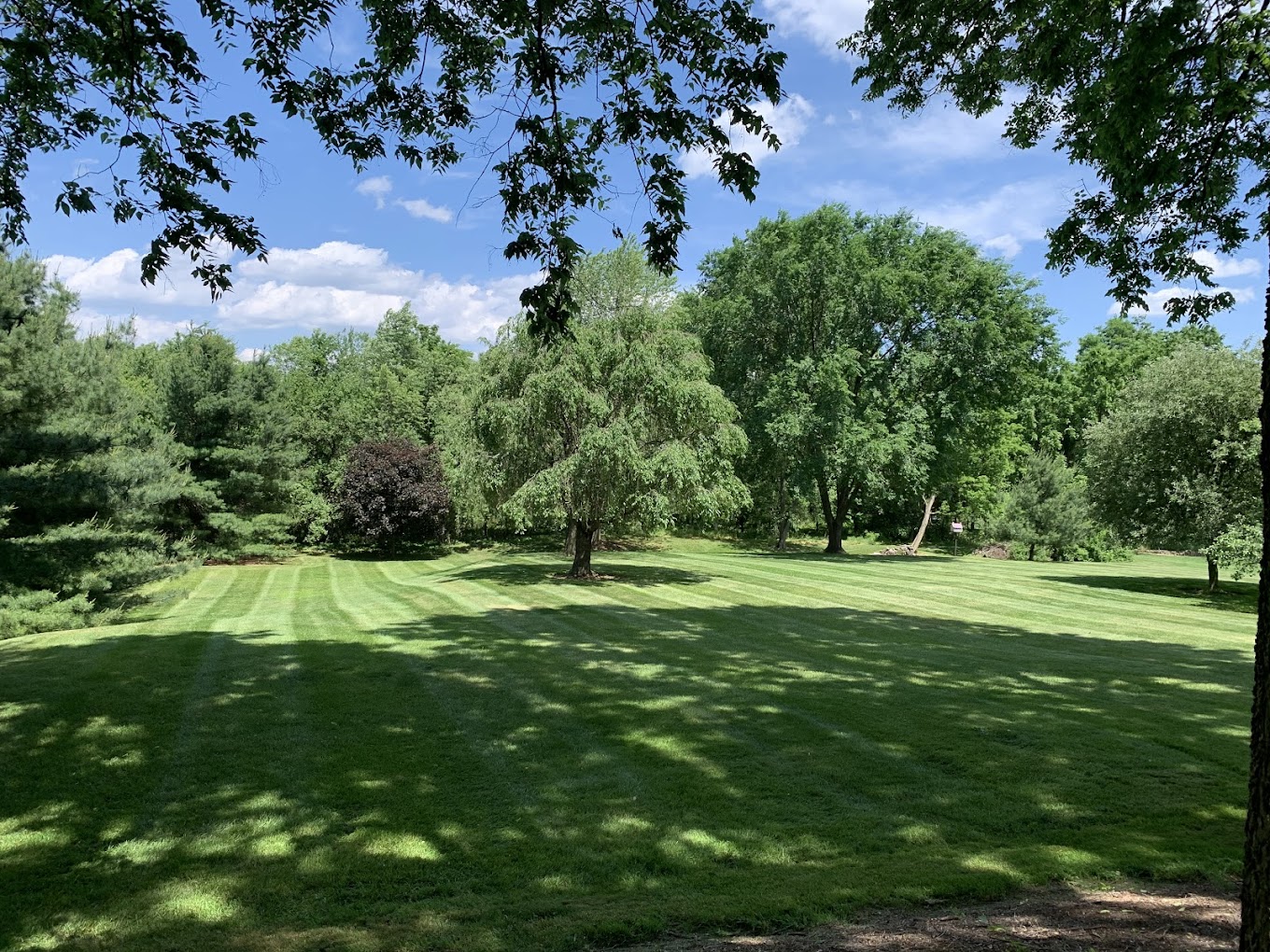
Sustainable Landscaping: Eco-Friendly Solutions for Your Garden Aug 26, 2025
Understanding the concept of sustainable landscaping starts with recognizing the impact of traditional gardening practices. These often involve excessive water use, synthetic fertilizers, and pesticide applications that can harm local ecosystems. Sustainable landscaping seeks to counter these effects by promoting environmentally friendly practices.
To start, consider the importance of water conservation. As climate change impacts rainfall patterns, water-efficient gardens become vital. Implementing a smart irrigation system can drastically reduce water waste. These systems tailor water usage based on your garden's specific needs, ensuring that each plant gets the appropriate amount. Adding mulch around plants is another simple yet effective strategy. Mulch preserves soil moisture, reducing the need for frequent watering.
Native plants often top the list for eco-friendly gardens. These plants naturally thrive in the local climate and soil conditions, requiring less water and care than non-native species. At J & T Landscaping Services, we specialize in identifying and integrating native plants into your garden design. This not only supports local biodiversity but also minimizes maintenance efforts.
Composting organic waste is a cornerstone of sustainable gardening. Instead of sending kitchen scraps and yard waste to landfills, turn them into valuable compost. Compost acts as a natural fertilizer, enriching the soil without harmful chemicals. Additionally, it promotes healthy microbial activity in the soil, which benefits plant growth.
Another key aspect of sustainable landscaping is reducing the lawn area. Traditional lawns require substantial watering and chemical treatments. Opting for alternatives like ground covers or eco-lawns reduces your garden's environmental footprint. Ground covers offer similar aesthetics with the added benefit of being low maintenance and drought-resistant.
Incorporating hardscaping elements like permeable pavers is another eco-friendly solution. Unlike traditional concrete, permeable pavers allow water to filter through, reducing runoff and promoting groundwater recharge. They add a stylish, functional element to your garden while supporting sustainability.
Wildlife-friendly practices should also be part of your sustainable garden plan. By leaving sections of your garden to grow naturally, you provide habitat for pollinators like bees and butterflies. Installing bird baths and feeders can attract a variety of bird species, adding vitality to your garden space.
At J & T Landscaping Services, our approach combines these sustainable practices with expert design to create beautiful, ecological gardens. Whether it's rain garden installation, xeriscaping, or creating efficient stormwater management systems, we offer tailored solutions to meet your specific needs.
In conclusion, transitioning to a sustainable landscape doesn't just benefit the environment—it enhances your garden's resilience and beauty. With J & T Landscaping Services, you can achieve a harmonious balance between aesthetics and ecology. By adopting eco-friendly solutions, not only do you cultivate a thriving garden, but you also contribute positively to the planet's health. Embrace the change today and watch your sustainable garden flourish like never before.